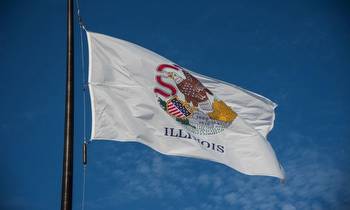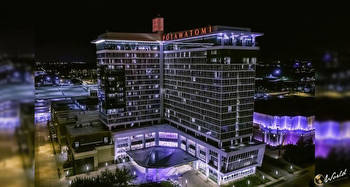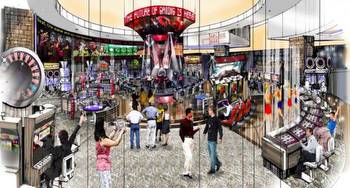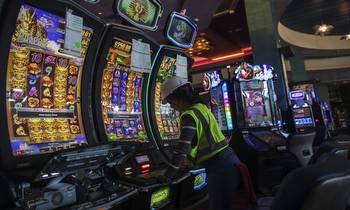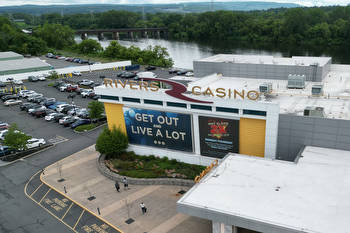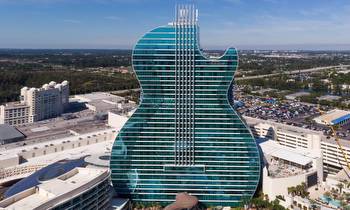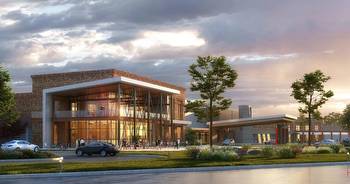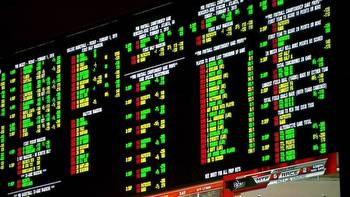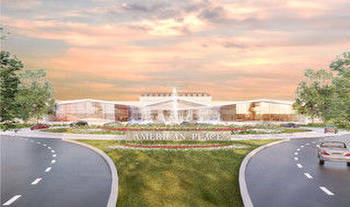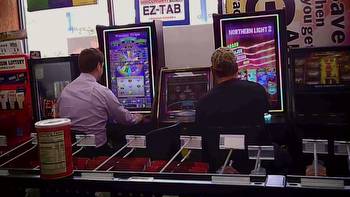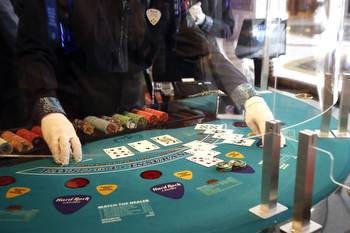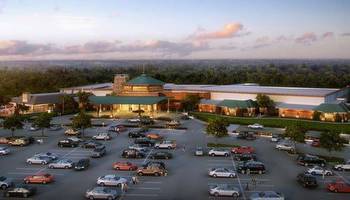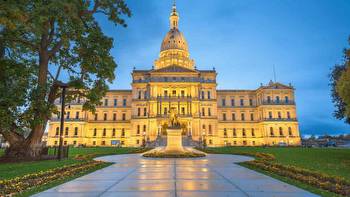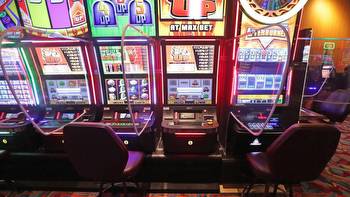360: Sports gambling expected to become commonplace in Wisconsin casinos

MILWAUKEE — Legal sports gambling has officially entered the state of Wisconsin. On Tuesday, Oneida Nation’s main casino started to allow sports bets after becoming the first native tribe in the state to successfully renegotiate its gaming agreement with Governor Tony Evers.
Currently, people ages 21 and older will have to travel to Green Bay casinos to legally bet on sporting events in Wisconsin, but Gov. Evers’ administration says several other tribes are pushing to allow the same at their casinos. Potawatomi Hotel and Casino tells TMJ4 News it is one of them.
Since advocates and opponents both expect sports gambling to be commonplace inside Wisconsin casinos in the near future, let’s go ‘360’ to hear from the Oneida Nation, the Potawatomi community, Citizens Against Expanded Gambling about their biggest concern, and sports fans in Milwaukee about whether they will be placing bets.
Let’s start with Oneida Casino’s chief financial officer.
"What a lot of people in the state of Wisconsin may not realize is that it was a little bit longer process than most realize,” Chad Fuss said. “We started this endeavor probably about two and a half years ago trying to work with the state of Wisconsin."
Fuss says this summer, Governor Evers agreed to allow the Oneida Nation to offer sports gambling at its casinos. That includes professional sports like the Packers, Brewers and Bucks, and college sports with the exception of NCAA Division 1 teams in Wisconsin.
Fuss says Oneida casinos in Green Bay will soon expand to mobile sites where verified bettors can pull up to locations on the tribe’s reservation to wager on games and events without having to enter the casinos.
"The unfortunate thing is at this point, if you want to make a wager, you will have to travel to Oneida Casino or some of its outlying properties to be able to make that bet right now,” Fuss said.
That’s because the state’s constitution bans gambling outside of tribal land with the exception of the Wisconsin Lottery. 11 tribes own all 26 casinos across Wisconsin.
Potawatomi Hotel and Casino said in a statement, “We don't want our guests to have to travel elsewhere to place that bet. We look forward to the day our guests can wager on their favorite team right here in Milwaukee."
Lorri Pickens with Citizens Against Expanded Gambling believes it’s just a matter of time before every Wisconsin casino is allowed to offer sports betting.
"It's a game of inches, right? As we inch closer and closer and it becomes more normalized, then less people seem to really have concerns about what might happen down the road,” she said.
Pickens says her organization is against sports gambling inside Wisconsin casinos, but her biggest fear is the state allowing an online sports betting platform that people could use anywhere in Wisconsin. 19 states including neighboring Iowa, Illinois, and Michigan allow online sports gambling.
"These sports betting portals are tied to your credit card, oftentimes it's just a click of a button,” she said. “It's an impulse, they prey on that impulse and before you know it, you're in a wealth of debt."
While Pickens worries about the addiction aspect, Grant Ryback thinks regulated sports gambling is a much safer option than placing black market bets through bookies and illegal websites, or having to cross state lines.
"My brother lives in Illinois, he bets on sports,” Ryback said. “I think it's good for the state, especially, why would we go to Illinois to bet when we could bet here in the state."
Legalsportsbetting.com says sports gambling is a $150 billion industry and it generates millions in tax revenue for states where it’s legal.
Wisconsin received $29 million in taxes from casino revenue in 2019. The money went to the state’s general fund. Now that sports gambling is coming into the equation, Governor Evers’ administration says it isn’t expecting a large increase in tax dollars.
"We do not anticipate a windfall for the state given the fact that the compact agreements for sports betting do not increase the percentage of revenue that Tribal Nations are required to pay,” said Tatyana Warrick with the Department of Administration.
Quentin Prince of Milwaukee says they won’t be getting any of his money.
"I'm not a gambling man, I don't have that excess cash to do that but I can understand why people do it,” he said.
It remains unclear if and when Potawatomi Hotel and Casino will get the green light from Governor Evers to offer sports gambling, but the agreement is expected to come with the same conditions in which Oneida Nation is operating under. Sports bets will have to be made at the casino or on tribal land.








